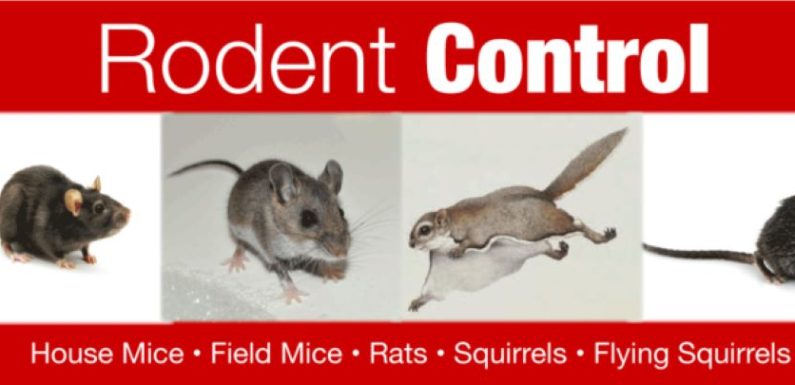
With their swift movements and beady eyes, Rodents evoke primal fear in many individuals. Beyond their physical health risks, the fear of rodents can significantly impact the well-being and peace of mind of those facing infestations. In this article, we delve into the psychology behind rodent pest control, exploring the fear factor and understanding how it influences individuals and the strategies employed to combat infestations.
1. The Innate Fear of Rodents:
The fear of rodents is deeply rooted in human psychology and often stems from their rapid movements, unpredictable behaviour, and the perceived association with filth, sparking a natural aversion. This inherent fear tends to heighten when individuals come across rodents within the confines of their homes or workplaces. Seeking the assistance of a professional MiceExterminator becomes crucial in alleviating such concerns and effectively addressing rodent infestations.
2. Impact on Mental Well-being:
Living knowing of a rodent infestation can lead to heightened stress and anxiety. The fear of encountering these pests in unexpected moments can disrupt daily life, causing sleep disturbances, increased tension, and constant unease.
3. Fear as a Barrier to Reporting Infestations:
Individuals may hesitate to report rodent sightings in multi-family housing or commercial settings due to the fear of judgment or potential consequences. Understanding and addressing this fear is crucial for fostering an open line of communication between tenants, landlords, and pest control professionals.
4. The Role of Education:
Educational initiatives play a vital role in overcoming the fear of rodents. Providing information about the habits, biology, and control measures for rodents can empower individuals to confront their fears with knowledge. Knowledge dispels myths and fosters a more rational approach to pest control.
5. Visual Triggers and Symbolism:
The visual triggers associated with rodents, such as their appearance in popular media or cultural symbolism, contribute to the fear factor. Recognizing and addressing these visual cues can aid in destigmatizing the perception of rodents and promoting a more pragmatic understanding.
6. Professional Communication and Empathy:
Pest control professionals play a pivotal role in managing the psychological impact of rodent infestations. Effective communication, empathy, and a non-judgmental approach can help alleviate the fears of occupants. Professionals should acknowledge the emotional toll of an infestation and provide reassurance throughout the control process.
7. Incorporating Behavioral Insights into Control Strategies:
Understanding the fear factor allows pest control professionals to tailor their strategies accordingly. This may involve implementing discreet measures, minimizing disruption, and utilizing traps or baits that address the psychological aspect of fear while ensuring efficacy.
8. Post-Infestation Support:
Once an infestation is under control, supporting individuals affected by the fear of rodents is crucial. This may involve educational resources, counselling, or follow-up communication to ensure the psychological impact diminishes over time.
9. Community Engagement and Support:
Building a sense of community engagement and support can help individuals facing rodent infestations feel less isolated. Establishing forums for sharing experiences, tips, and emotional support can contribute to a collective sense of empowerment.
10. Future Perspectives:
Tackling the fear factor associated with rodent pest control demands a comprehensive strategy. This involves integrating educational initiatives, fostering empathetic communication, and building community support. Through such a holistic approach, it becomes feasible to alleviate the psychological impact of infestations, cultivating environments in which individuals feel empowered to confront and manage their fears. Engaging the services of a professional rat exterminator Vancouver WA, can further enhance the effectiveness of these efforts.
Conclusion:
Recognizing and understanding the fear associated with rodents is essential in developing practical and humane pest control strategies. By acknowledging the psychological aspect of infestations, professionals can approach rodent control with empathy, ensuring not only the physical well-being of individuals but also their mental health and peace of mind.

